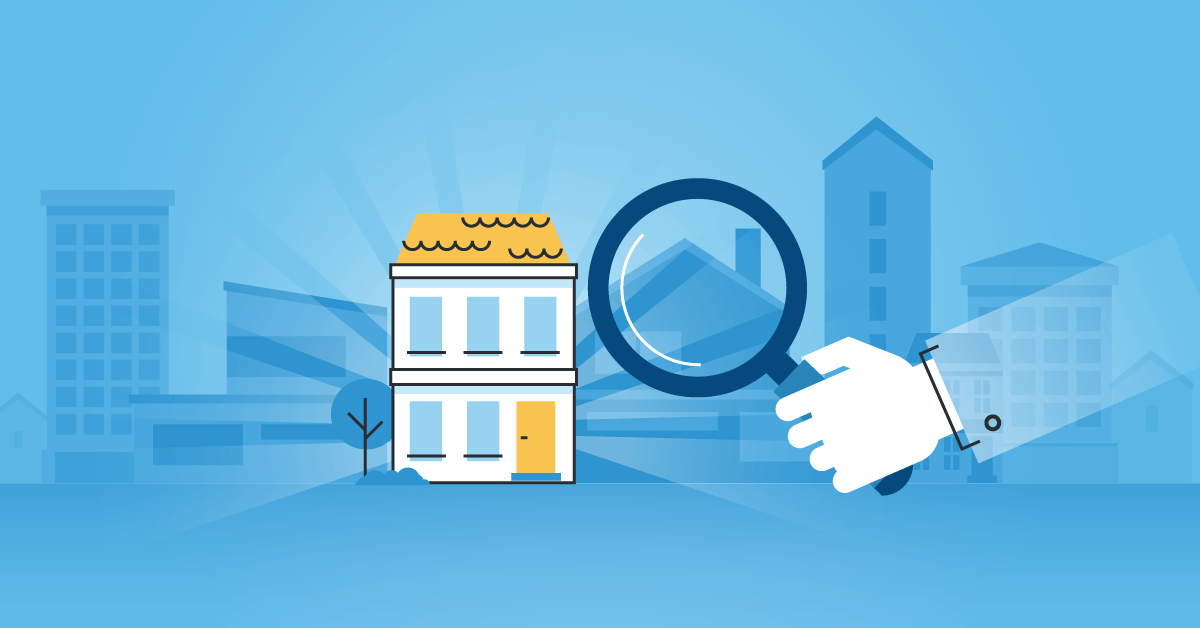
Home Loans in Malaysia
A home loan in Malaysia is a financial product offered by banks and financial institutions to assist individuals in purchasing residential property. This loan covers a significant portion of the property’s purchase price, typically up to 90% for Malaysians, and the borrower repays it over a fixed period, usually ranging from 15 to 30 years. The interest rates on these loans can be fixed, variable, or a combination of both, and they vary depending on the lender and the borrower’s creditworthiness. Applicants must provide proof of income, employment status, and other financial details to qualify.
The process also involves a property valuation to determine the loan amount. Additionally, Malaysian home loans often come with additional fees and charges, such as processing fees, legal fees, and stamp duty. For foreigners, the loan-to-value ratio might be lower, and the eligibility criteria can be more stringent. Understanding the terms and conditions, including the repayment schedule and any penalties for early repayment, is crucial for prospective borrowers.
Download Now: Property Buyers Guide [Free Access]
How to get a Home Loan
For first-time home buyers, the process of getting a mortgage in Malaysia may seem as intimidating as choosing the property itself. Not only are you making arguably the biggest financial commitment of your life, but you will also be dealing with a ton of legal paperwork and bank officers spewing strange words like “flexi-loan” and “lock-in period” at you. However, once you understand the mortgage process, you will realise it is not as complicated as it seems. As they say, knowledge is power.
- Check your finances
Before you even start seriously searching for houses, you need to check your financial situation. If you don’t, the banks eventually will. They will evaluate your debt-to-income ratio to decide how much you can afford to borrow. Ideally, your debt-to-income ratio should be below 60%.
Your credit score based on the CCRIS and CTOS reports are often the deciding factor on whether your loan application is approved or rejected. So, it is wise to check it yourself before the banks do. You can do this online or by visiting the kiosk at Bank Negara Malaysia. Being punctual with payments and settling as much debt as you can, will increase your credit score while reducing your debt-to-income ratio. Another thing that helps your credit score is not making any drastic lifestyle changes like changing jobs or taking out a new debt before and after applying for the mortgage.
- Find the right bank for you
If you are buying your house directly from the developer, then you will most likely have to apply for a mortgage from the developer’s panel bank. Otherwise, you have more flexibility. Either way, it is important to do your homework, so you know what you are getting yourself into.
Your priority should be the bank that offers the lowest interest rates as this could mean thousands of Ringgit in savings. However, there are other factors to consider so approach at least four different banks before you pick one. Some questions you should be asking are:
What kind of home loan is it?
In Malaysia, there are a few different kinds of home loans like Term Loan, Flexi Loan and Islamic Loan, each with its advantages and disadvantages.
How long is the lock-in period?
The lock-in period is the time frame you are not allowed to settle your mortgage in full unless you pay the penalty (2% – 3% of the loan amount). It is better to have the shortest lock-in period and the lowest penalty rate.
What are their fees and charges?
As the buyer, you will have to bear the costs for the loan application which runs into a few thousand Ringgit.
- Check your loan eligibility
Banks in Malaysia offer up to 90% loan for your first two residential properties, provided they don’t spot any red flags with your financial situation. There are many online mortgage calculators that will give you an estimate but it’s best to contact the banks in person.
They will require you to submit a copy of your IC, last three months salary slips and bank transactions, latest EA form and EPF statement and booking receipt of the property. The documents will vary slightly if you are self-employed. Based on this information and your credit score, the banks will let you know how much you can borrow and the types of loans they can offer you. Having this pre-qualification also boosts sellers’ confidence that you are financially secure to purchase the property.
- Determine your budget
Before you sign on the dotted line and seal your fate, take a moment to consider this: just because you are eligible for a certain loan amount, doesn’t mean you can afford it. You still need to check your monthly budget. Experts recommend that your total house payment (including fees, insurance and taxes) should not exceed 30% of your gross income. On top of that, you will also have to pay for utility bills and general home upkeep.

- Property valuation
When you decide on a bank, they will arrange for a valuation of the property if required. This is most prevalent in the secondary market when the banks want to make sure if the property is worth the selling price. The valuation will be conducted by a professional valuation company and you will bear the cost. The banks will then decide on the loan amount that they are willing to lend you based on the valuation report.
Here’s how it works: You are eligible for a loan of RM 700,000 and want to buy a property priced at RM 600,000. However, if the valuation report finds that the property is only worth RM 500,000, the banks will only offer you a loan of RM450,000. So, you either have to come up with the rest of the money yourself or renegotiate with the seller.
- Secure the mortgage and close
Once you have finalised the property’s offer price and loan amount, you need to secure it by putting pen to paper and making the necessary payments.
Loan agreement
Get a lawyer to prepare the loan agreement. Even though you will be paying for the legal fees, not surprisingly the terms in the loan agreement protects the bank more than you, the buyer. However, don’t be shy about checking the details thoroughly and asking questions. It is better to be safe than sorry! On top of that, you will have to pay the stamp duty on the loan amount and disbursement fees.
Mortgage insurance
The bank may ask you to take out an insurance on your mortgage so that in the event of death, illness or disability, your loan will still be paid in full. Home buyers in Malaysia can opt for the MRTA, MLTA or Takaful mortgage insurances.
Transfer of property ownership
After the loan agreement has been signed, the bank will remit the balance purchase price to the seller’s bank. Then your lawyer will prepare the Memorandum of Transfer and you will have to pay the stamp duty fee. Once all the documents and payments have exchanged properly, the property title can be transferred to your name and you will receive the keys to your own house.






